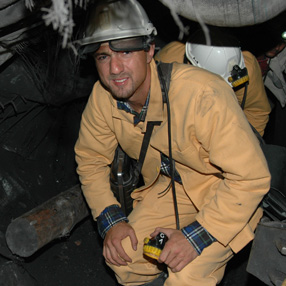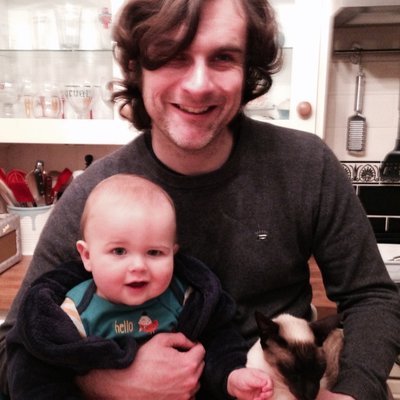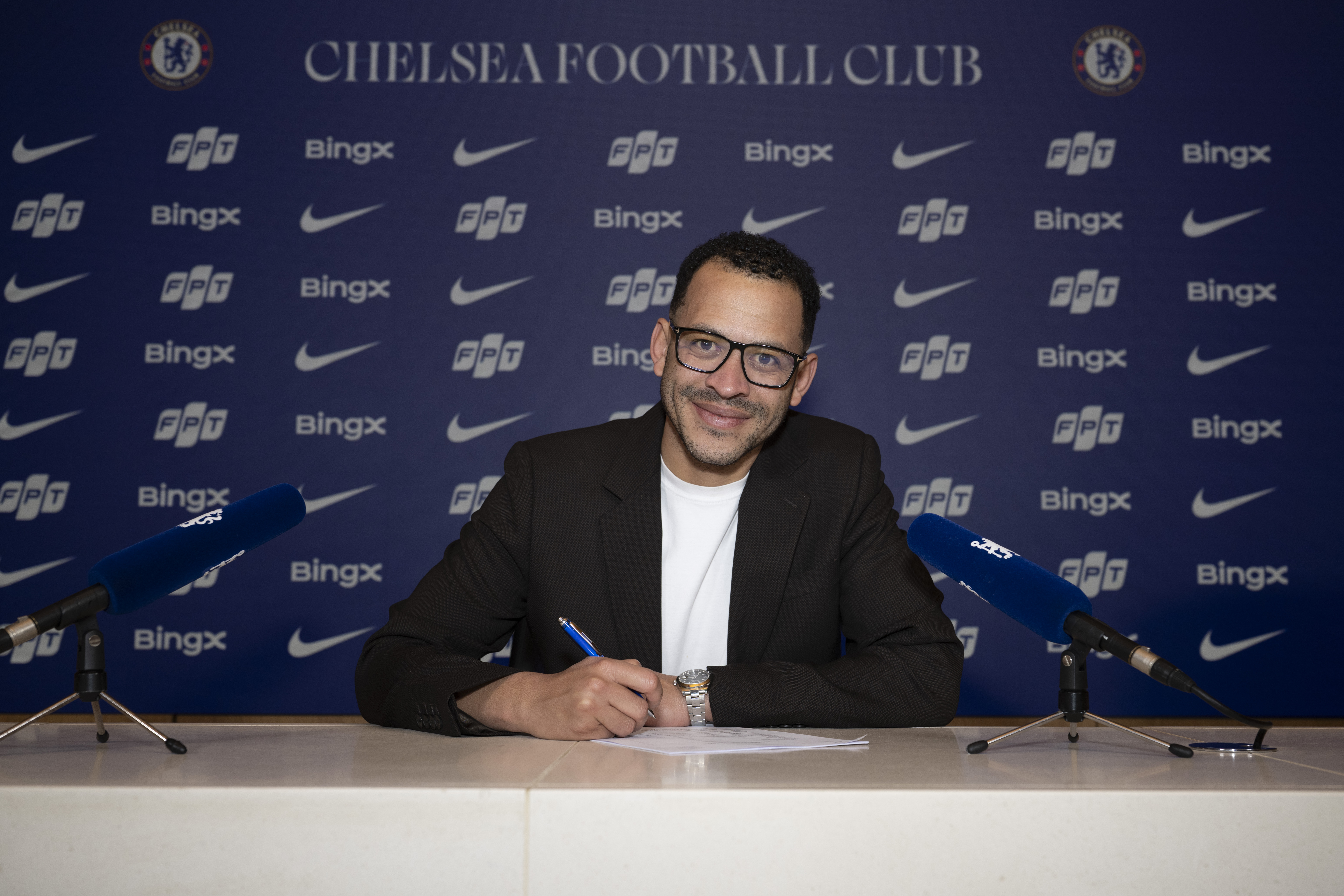Jerzy Dudek: My Secret Vice
"Mining is like a religion and religion is part of mining..."

The best features, fun and footballing quizzes, straight to your inbox every week.
You are now subscribed
Your newsletter sign-up was successful
Want to add more newsletters?

Five times a week
FourFourTwo Daily
Fantastic football content straight to your inbox! From the latest transfer news, quizzes, videos, features and interviews with the biggest names in the game, plus lots more.

Once a week
...And it’s LIVE!
Sign up to our FREE live football newsletter, tracking all of the biggest games available to watch on the device of your choice. Never miss a kick-off!
Join the club
Get full access to premium articles, exclusive features and a growing list of member rewards.
When I was a kid, the people who ran the coalmine in my town organised a trip for the miners’ wives so that they could see what it was like 400 metres below ground.
I remember it as if it was yesterday. I was 10 and my brother Dariusz was 12. My dad worked as a miner and my mother went down the mine that day. When she came back up, she started kissing my father. She was crying and she called us over and said: ‘Jerzy, Dariusz, promise me you will never go down the mine, promise me you will never become coal miners.’ We were laughing because we didn’t understand. And because we were thinking to ourselves, ‘well, what else are we going to do?’
I thought I was destined to be a miner. My grandfather had been a miner, my father was a miner, lots of people in my family were miners, our town, Knorow, was a mining community. The mine came first, the city came later and everyone worked there, including me.
I was training to be a miner. I studied and went down the mine twice a week every week when I was 17. My first ever transfer fee was two miners: two weeks before I started work down the mine, the president of a third division club signed me in return for two mining apprentices who were at his club.
When my team-mates heard that I used to go down the mine they were surprised, but almost all my friends from school are still mining. My brother-in-law is a miner. They always say that it’s nice work, but if they got the chance they’d never go back down a mine; every day is a battle. The first time I went down I felt like a warrior. Where I’m from, it is in our blood to become miners. When I was young, almost the whole town, 8,000 people, would be down the mine – now it’s not even 2,000 – and you were a team. It is not just a job, people really love it. It’s their identity.
Mining is like a religion and religion is part of mining. Poles are very Catholic people and you have to believe in something if you are going so far underground every day. You would have to believe that God was going with you. There was a lot of respect, a lot of tradition, and people really stuck together. There is a real bond. In a mine you cannot survive without each other. There’s only one message when you’re underground: I am your friend, give me your hand and we will work together.
During the battles with communism and the fight for democracy, mining in Poland played an important role. Coal miners were a good example of how to survive: coal miners, like ship builders, stuck together – President Lech Walesa and his trade union, Solidarity, showed that there is strength in numbers.
Slowly mines are closing and there have been problems. People had to change their jobs; there were fights. But it wasn’t so brutal in Poland as it was in England under Thatcher. In England it was like a big revolution. In Poland, the closure of the mines is happening step by step; the plan is for all the mines to have closed by around 2020. Everyone is preparing for it but I can’t imagine what my town will be like. Our town is mining.
Mines are dark, dangerous places, but I didn’t realise just how extreme the conditions were because it was normal to me. I found out when I took friends down there. I invited Milan Baros, Vladimir Smicer and lots of the players from the Polish national team when my local club Concordia Knorow celebrated its 80th birthday. I took advantage of the occasion to arrange a trip down the mine.
When they came back up they said: ‘that’s the last time I’m doing that.’ It’s dark, it’s tight, it’s hard work. Nowadays there are machines that help, but it’s still tough. It’s dangerous, too, but I don’t think every miner thinks about the danger. If you did, you would never function. You would drive yourself mad.
There’s a sense of relief when you come back up. When they finish work coal miners immediately go to the pub. A pint tastes different when you’ve been down the mine. Pawel Kryszalowicz, one of the players who went down the mine with us, came out and we said: ‘Pawel, you need to drink this beer’. He said ‘I never drink’. But we gave him a beer anyway and said ‘taste it now’.
He drank three pints straight away. Bang! Bang! Bang! ‘Give me more!’.
My father went down with us that day too. He’d been retired for 10 years and missed it a bit but when he came back out he was tired and emotional – and he never wanted to return. He couldn’t speak. I promised myself I wouldn’t influence my children when it comes to choosing a career. But if my son ever told me he wanted to work down the mine
I would ask him to think twice. Or I’d say, ‘OK, let’s go and talk to your grandfather.’ In fact, I thought about taking him down the mine to see it. Most people go down once, see how it is and never want to go again. I’m very proud of having been a miner, but I’m grateful to have been a footballer. I’m sure if my son saw what it’s really like down there, he’d change his mind pretty quick.
From the July 2009 issue ofFourFourTwo.
The best features, fun and footballing quizzes, straight to your inbox every week.
Nick Moore is a freelance journalist based on the Isle of Skye, Scotland. He wrote his first FourFourTwo feature in 2001 about Gerard Houllier's cup-treble-winning Liverpool side, and has continued to ink his witty words for the mag ever since. Nick has produced FFT's 'Ask A Silly Question' interview for 16 years, once getting Peter Crouch to confess that he dreams about being a dwarf.
 Join The Club
Join The Club











